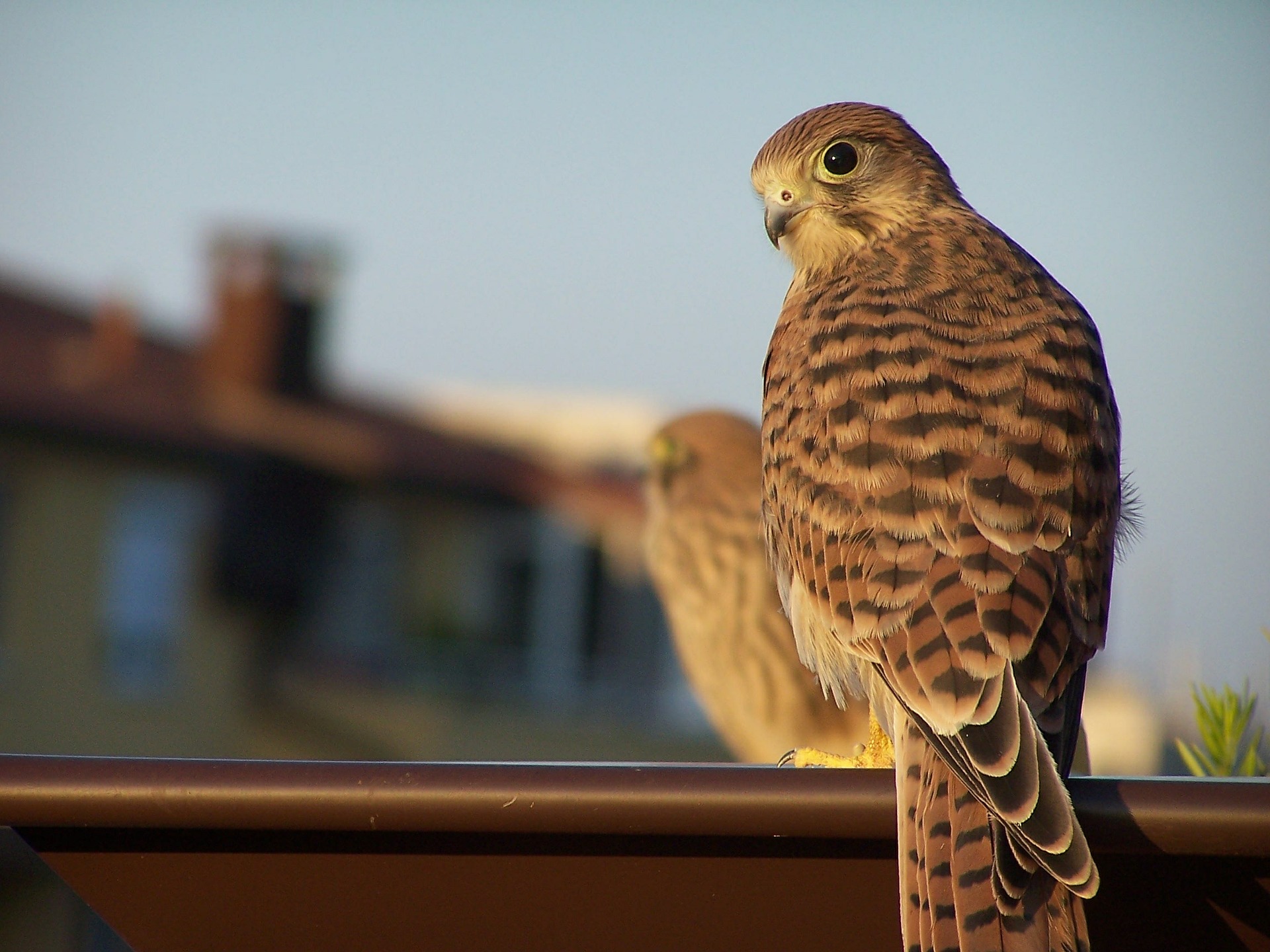Nature Can Reduce Pesticide Use, Environment Impact
Author: Michigan State University | Published: March 1, 2018
Farmers around the world are turning to nature to help them reduce pesticide use, environmental impact and, subsequently, and in some cases, increasing yields.
Specifically, they’re attracting birds and other vertebrates, which keep pests and other invasive species away from their crops. The study, led by Michigan State University and appearing in the current issue of the journal Agriculture, Ecosystems and Environment, showcases some of the best global examples.
“Our review of research shows that vertebrates consume numerous crop pests and reduce crop damage, which is a key ecosystem service,” said Catherine Lindell, MSU integrative biologist who led the study. “These pest-consuming vertebrates can be attracted to agricultural areas through several landscape enhancements.”
For example, Lindell and graduate student Megan Shave led earlier research to bring more American kestrels to Michigan orchards. Installing nest boxes attracted the small falcons, the most-common predatory bird in the U.S., to cherry orchards and blueberry fields. The feathered hunters consume many species that cause damage to crops, including grasshoppers, rodents and European starlings. In cherry orchards, kestrels significantly reduced the abundance of birds that eat fruit. (Results from blueberry fields are pending.)

